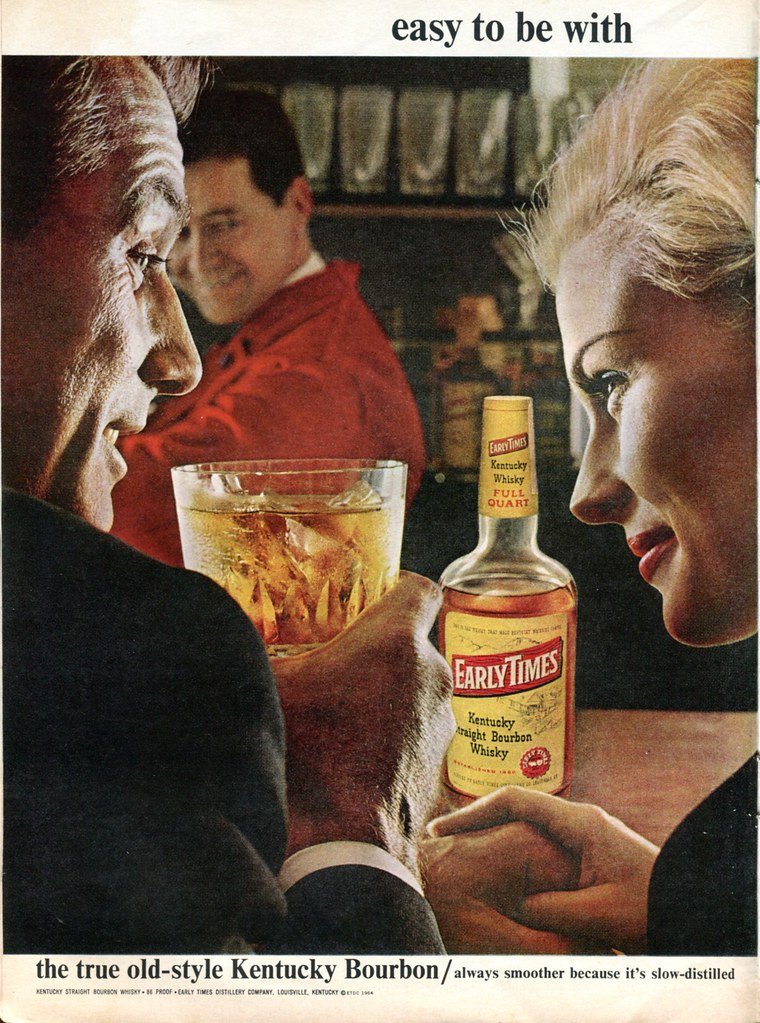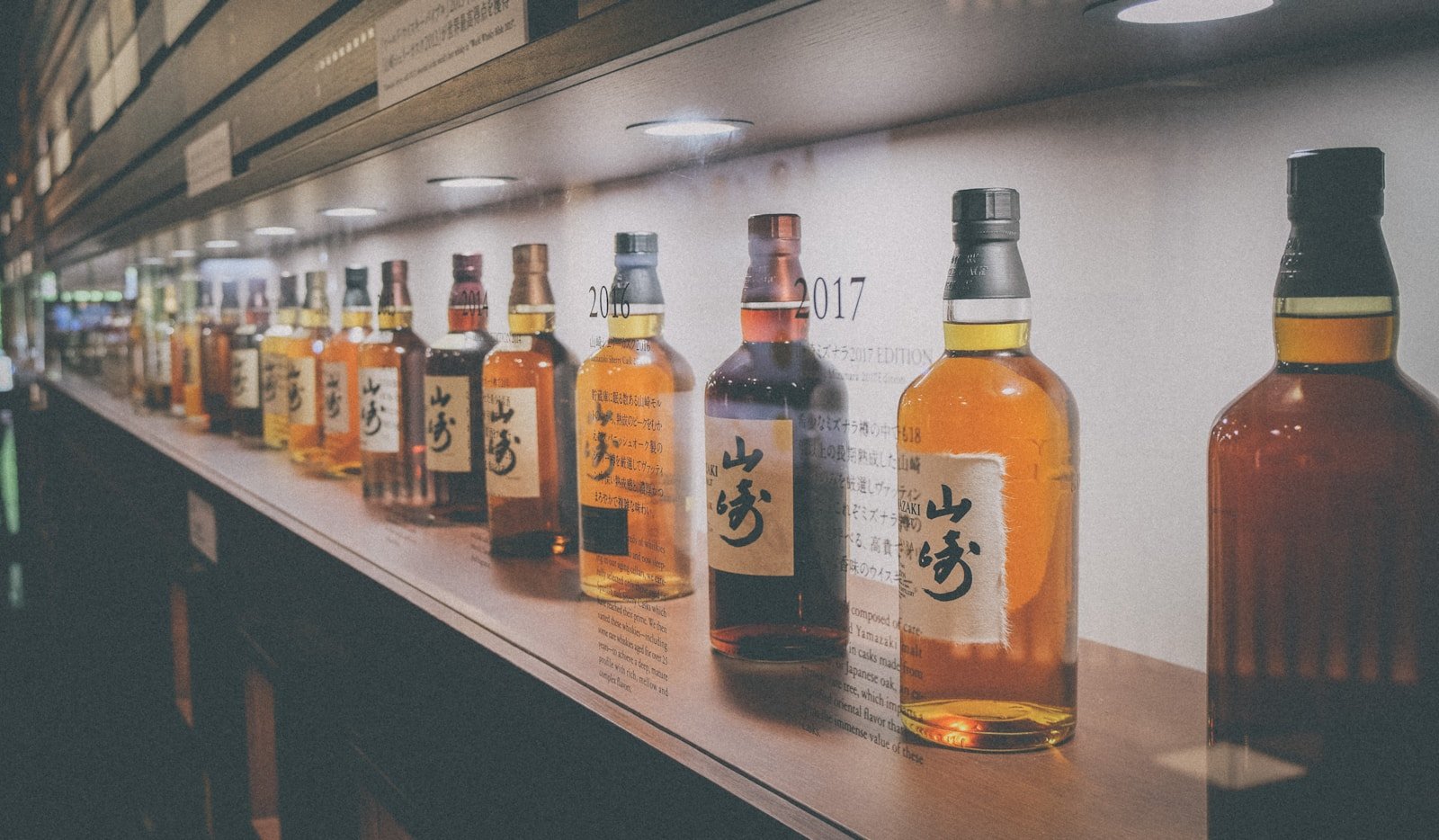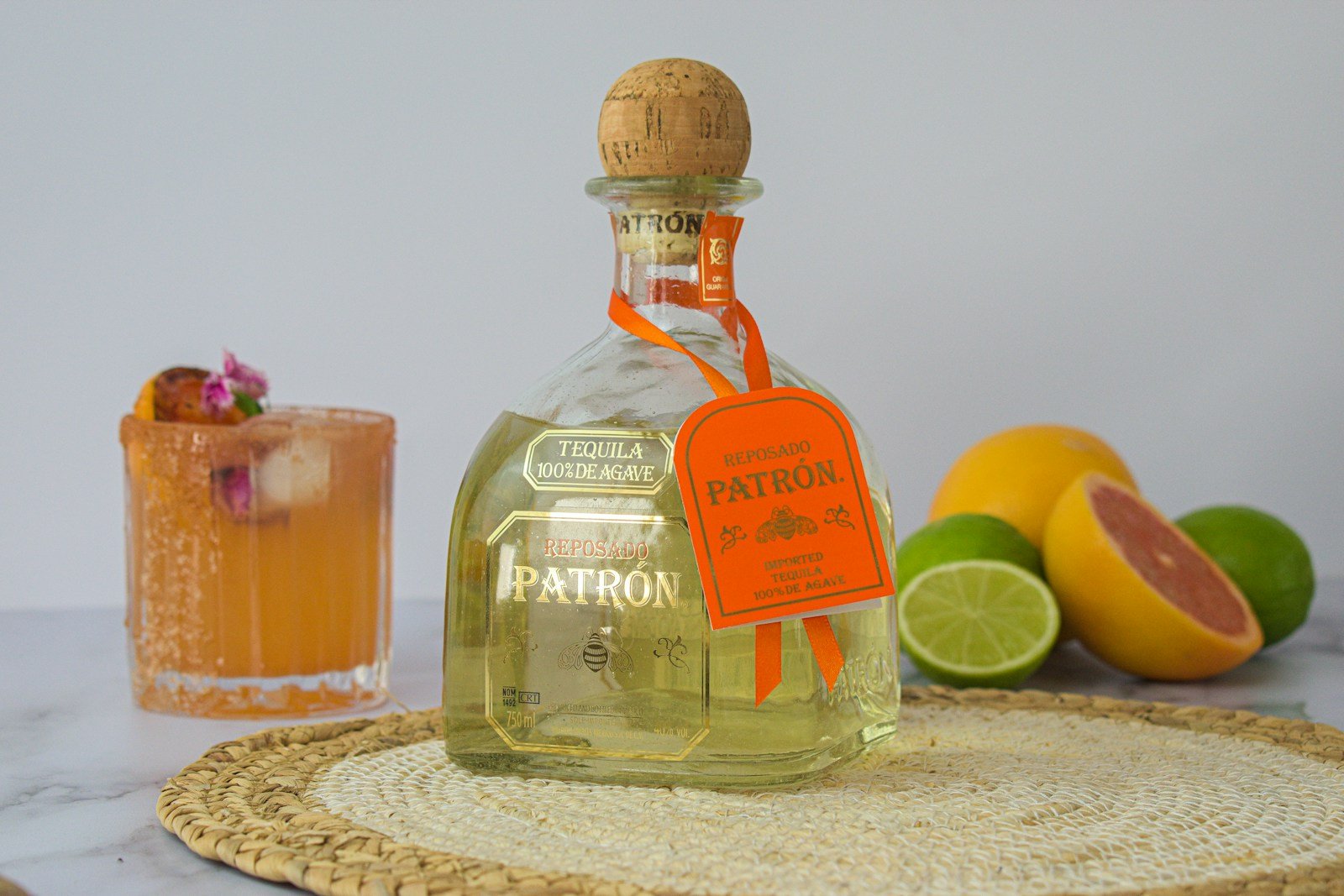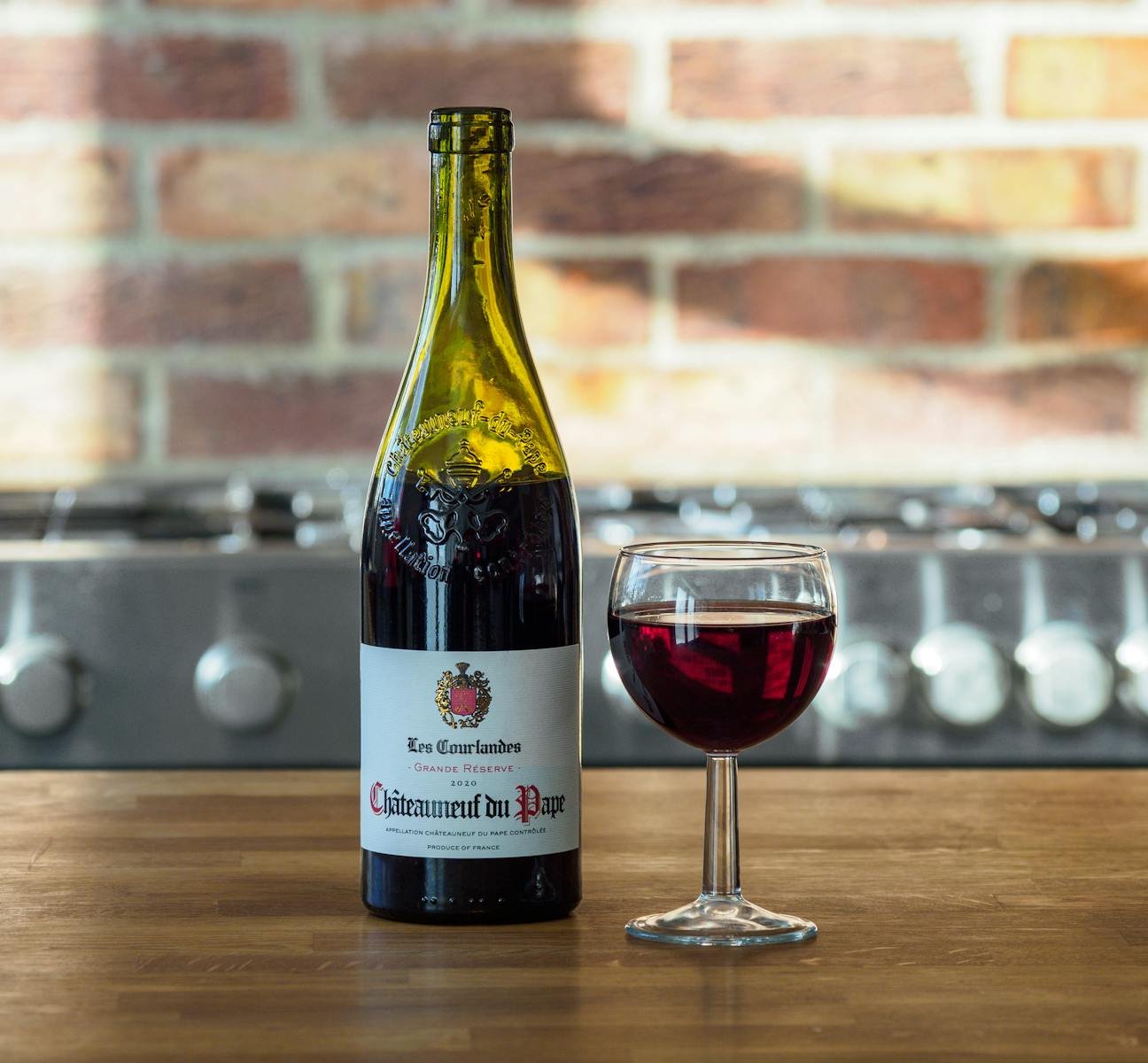There’s something about the name that gets you there, right?
Early Times.
Not “Good Times” or “Happy Times” or “Premium Times.” Early Times. Like whoever named this bourbon knew something the rest of us are still figuring out: that the best times, the ones worth remembering, always seem to be behind us.
I’ve been drinking Early Times for twenty years now. Not because it’s good – though it’s decent enough for the price – but because it’s honest. It doesn’t pretend to be something it’s not. No fancy bottles, no aged statements that sound like poetry, no marketing campaigns about heritage and tradition. Just brown liquid in a plain bottle with a name that cuts right to the heart of the human condition.
It tastes like what it is: working man’s whiskey. Rough around the edges, a little harsh going down, but it gets the job done. There’s corn in there, some rye, probably some regret. It’s the kind of bourbon your grandfather might have drunk after a ten-hour shift at the factory, sitting on the front porch watching the sun go down and wondering where all the years went.
My grandfather never drank Early Times. Hell, my grandfather barely drank at all. But I can picture him with a glass of this stuff, can almost see him in the amber liquid when the light hits it right. Maybe that’s what they’re selling – not just whiskey, but the idea of whiskey. The mythology of simpler times when men were men and problems could be solved with hard work and a stiff drink.
Early Times doesn’t taste like the future. It tastes like memory. Like the idea of sitting on a porch that you never actually sat on, in a time you never actually lived through, talking to people who probably never existed the way you remember them
Course, those times were never as simple as we remember them. Grandpa’s generation had the Depression, World War II, segregation, polio. They had plenty of problems that couldn’t be solved with anything, let alone bourbon. But somehow, from this distance, it all seems cleaner. More straightforward. Like people knew who they were and what they were supposed to do.
Early Times. As if there was a specific period in history when everything made sense, when people understood their place in the world, when right was right and wrong was wrong and you didn’t need a philosophy degree to figure out the difference.
I think about this every time I pour a glass. Usually around 10 PM, after another day of trying to make sense of a world that seems designed to confuse and disappoint. The whiskey burns a little, then settles into something like warmth. And for a moment, I can almost taste what the name promises: a time when things were different.
Maybe better. Maybe just different.

See, that’s the genius of nostalgia – it’s not really about the past. It’s about the present being so goddamn complicated that we’ll invent a golden age just to have something to compare it to. We look back at the 1950s and see prosperity and simplicity, conveniently forgetting about the Cold War and the fact that half the population couldn’t vote. We remember the 1960s as a time of idealism and change, glossing over the part where people were getting shot for having opinions.
But Early Times knows better. It’s not promising you can go back to those times. It’s just acknowledging that we all wish we could. That somewhere in our lizard brains, we’re convinced that life used to be easier, that people used to be happier, that the world used to make more sense.
And maybe that’s enough. Maybe admitting that we’re all just refugees from an imaginary better time is the first step toward making peace with the time we actually live in.
I was at the liquor store last week, reaching for my usual bottle of Early Times, when this kid – couldn’t have been more than twenty-five – looks at my choice and smirks.
“Why don’t you try something good?” he says, pointing to a shelf full of craft whiskeys with names like “Rebellion” and “Revolution” and other words that sound like they were focus-grouped by marketing majors.
“This is good,” I told him.
“That’s bottom-shelf garbage, man. You can get a decent bourbon for like ten bucks more.”
And that’s when it hit me. This kid doesn’t understand. He thinks better means more expensive. He thinks progress means complexity. He’s looking forward to some hypothetical future when everything will be perfect and optimized and craft-distilled to match his personal preferences.
He doesn’t get that sometimes you don’t want something better. Sometimes you want something that reminds you that not everything has to be improved, innovated, or disrupted. Sometimes you want something that tastes like it might have tasted fifty years ago, made by people who understood that the point isn’t to reinvent the wheel but to make a wheel that turns.
Early Times doesn’t taste like the future. It tastes like memory. Like the idea of sitting on a porch that you never actually sat on, in a time you never actually lived through, talking to people who probably never existed the way you remember them.
But here’s the thing about nostalgia: it’s not supposed to be accurate. It’s supposed to be comforting. It’s supposed to remind you that somewhere, somewhen, things felt simpler. Even if they weren’t.
So I drink my Early Times and I think about early times. Not because I believe they were better, but because believing they might have been makes the current times a little more bearable. And sometimes, when the whiskey hits just right and the evening light slants through my window the way it probably slanted through my grandfather’s, I can almost convince myself that I’m living in someone else’s early times.
That someday, some guy like me will be sitting in his apartment, drinking whatever cheap bourbon they’re making in 2075, thinking about how much simpler things were back in 2025. Back when people still drank bourbon with names like Early Times and still believed that the past was a place you could visit if you just found the right bottle.
Maybe that’s what we’re all really thirsting for – not early times, but the idea that our times will be someone else’s early times. That somebody, somewhere, will look back at this moment and think: “Those were the days.”
Even if they weren’t.
Carlos Bukowski writes about bourbon, nostalgia, and the weight of imaginary history from his apartment in Hollywood. He drinks Early Times because it tastes like a memory he never had.




